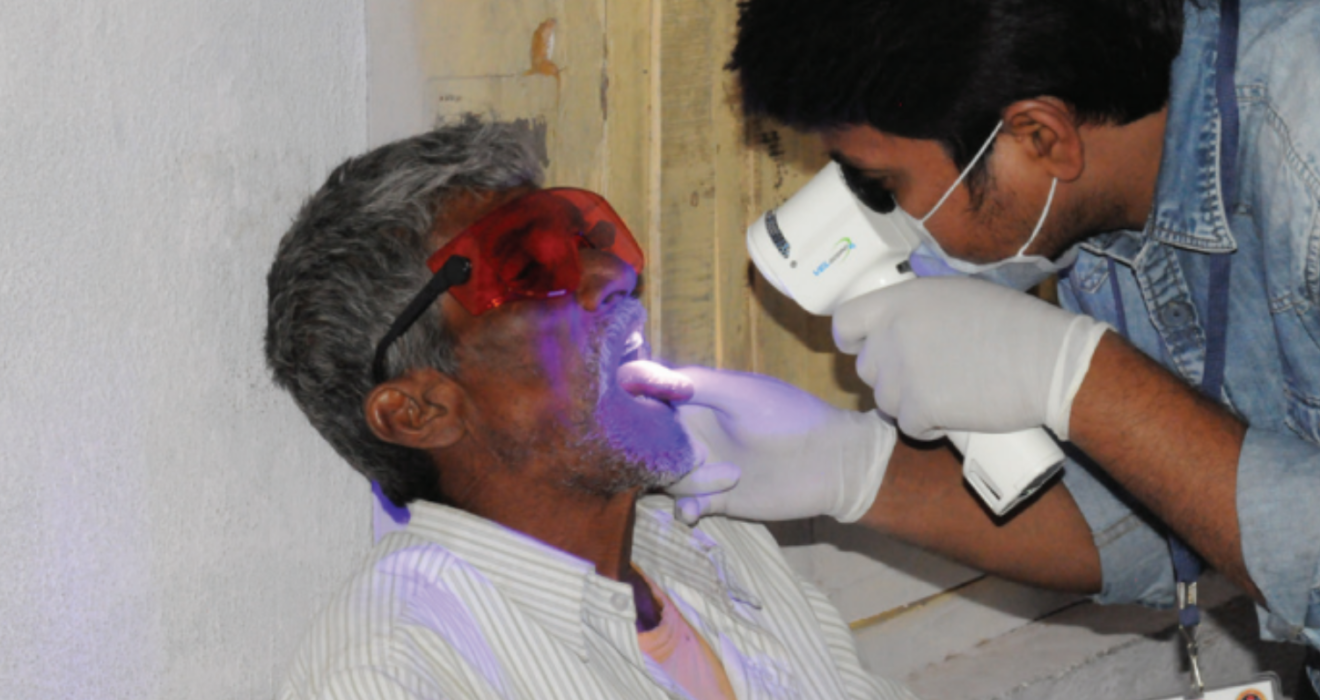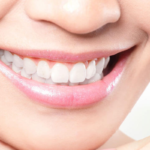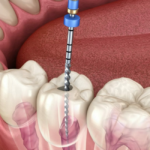Why Early Screening for Oral Cancer Matters to Detect and Prevent Cancer Risks?
If you’re proactive about your health, you likely understand the importance of regular screenings for issues like cholesterol and blood pressure. But there’s one screening that deserves your equal attention—oral cancer screening.
Oral cancer is an often overlooked yet potentially life-threatening condition. Its early symptoms can be subtle, making detection challenging without a professional check-up. However, with early screening, you can spot warning signs before they turn into major issues.
So, why does early oral cancer screening matter so much, and how can it potentially save lives?
Let’s explore the benefits of early oral cancer detection, the impact of regular screenings, and the steps you can take to protect yourself and your loved ones from oral cancer risks.
Understanding Oral Cancer and Its Hidden Risks
Oral cancer includes cancers of the mouth, throat, lips, tongue, and the inner lining of the cheek. The worrying part? Many of its early symptoms are painless or might seem harmless, like mouth sores or slight discomfort. Because of this, oral cancer often goes undetected until it reaches advanced stages. This late diagnosis can make treatment more complex and reduce survival rates.
But here’s the good news—early detection through regular oral cancer screening offers a proactive way to catch oral cancer early, making treatment easier and increasing the chances of complete recovery.
Common Symptoms of Oral Cancer:
- Persistent mouth sores that don’t heal
- Unusual lumps in the mouth or throat
- Persistent sore throat or hoarseness
- Difficulty swallowing
- Red or white patches inside the mouth
- Numbness in any area of the mouth
These symptoms can sometimes be linked to other conditions, but regular screening helps identify whether they’re signs of a more serious issue.
Why Oral Cancer Screening Is Essential?
Preventive care isn’t just about addressing current symptoms; it’s about managing potential risks in the future. Oral cancer screening offers insights into the health of your mouth and can detect changes that may signal early cancer development.
Here’s why early screening is essential:
- Improved Prognosis and Survival Rates
Early-stage oral cancer is more treatable and has significantly higher survival rates than advanced-stage cancer. Studies show that when detected early, the 5-year survival rate for oral cancer patients can exceed 80%. - Minimised Treatment Complexity
Advanced cancer stages require aggressive treatments, often combining surgery, radiation, and chemotherapy. Early detection means simpler and potentially less invasive treatments, resulting in fewer side effects and quicker recovery. - Cost Efficiency in Healthcare
Catching oral cancer early can significantly lower treatment costs. Early-stage cancer treatments are generally less extensive, reducing the financial burden on patients. - Reduced Cancer Spread
Oral cancer can spread to nearby areas, including the lymph nodes and other parts of the body. Screening enables early detection, reducing the risk of cancer spreading beyond the mouth. - Empowered Preventive Measures
Screenings give you the information needed to make lifestyle changes and take preventive measures. For instance, if you have a higher risk due to tobacco use or alcohol consumption, knowing your risk status can motivate you to adopt healthier habits.
Benefits of Early Oral Cancer Detection
Screening isn’t just a medical precaution—it’s an empowering tool to help you protect your health and manage potential risks. Here are the specific benefits you get from regular screening:
- Early Diagnosis
Catching symptoms at the initial stage means treatment can begin when the cancer is most manageable. Regular screenings can detect even the smallest of changes, giving you an early edge in fighting potential oral cancer. - Improved Overall Health
Oral health impacts overall well-being, including heart health and immune function. Maintaining oral health through regular screenings supports overall health. - Peace of Mind
Health screenings reduce the worry about unexpected issues. Knowing that you’re doing everything possible to monitor and prevent oral cancer gives you peace of mind and confidence in your health journey.
Who Should Consider Regular Oral Cancer Screenings?
While oral cancer can affect anyone, certain factors can increase your risk. Being aware of these factors can help you decide whether regular screenings might be right for you.
High-risk factors include:
- Age – Oral cancer risk increases after age 40.
- Tobacco Use – This includes cigarettes, cigars, pipes, and smokeless tobacco.
- Alcohol Consumption – Heavy alcohol use, particularly when combined with tobacco, can raise risk levels.
- HPV Infection – The human papillomavirus (HPV) is associated with a certain type of oral cancer, especially in younger adults.
- Prolonged Sun Exposure – Exposure to the sun can increase lip cancer risk.
- Family History – A history of cancer in the family can predispose individuals to oral cancer.
If you fall into any of these high-risk categories, it’s advisable to talk to your dentist or healthcare provider about scheduling regular screenings.
How Oral Cancer Screening Works?
Oral cancer screening is a simple, non-invasive process that a dentist or healthcare provider performs. During the screening, they’ll check your mouth, gums, tongue, and throat for abnormalities.
Here’s what to expect:
- Visual Examination – The dentist visually inspects your mouth, checking for unusual patches, sores, or discolourations.
- Physical Palpation – They may feel around your neck and jaw for lumps or swelling.
- Additional Tests – In some cases, they might use special lights or dyes to highlight abnormal cells.
The screening takes just a few minutes and can be included in your routine dental check-up, ensuring minimal hassle with maximum health benefits.
Steps You Can Take to Prevent Oral Cancer
Oral cancer isn’t entirely preventable, but certain lifestyle changes can significantly reduce your risk. Here’s how you can lower your chances of developing it:
- Quit Tobacco Use – Both smoking and smokeless tobacco can increase the likelihood of oral cancer.
- Limit Alcohol Consumption – Heavy drinking has been associated with a higher risk of oral cancer.
- Stay Protected from the Sun – Use lip balm with SPF and avoid excessive sun exposure to protect your lips.
- Practice Good Oral Hygiene – Regular brushing, flossing, and dental check-ups keep your mouth healthy.
- Healthy Diet – A diet rich in fruits and vegetables supports a strong immune system, reducing the risk of cancer.
Taking Action with Regular Screenings
Your health journey is within your control, and proactive steps like regular oral cancer screenings are vital for long-term well-being. Screening not only provides early warning but also gives you a solid foundation for preventive measures.
Early screening empowers you to make informed decisions, helping you avoid complicated treatments and enjoy a better quality of life.
In the end, oral cancer prevention and detection can be as simple as reaching out for regular screenings. Make an appointment today with a trusted general dentist near you for an oral cancer screening—it’s a small step with potentially life-saving benefits.



